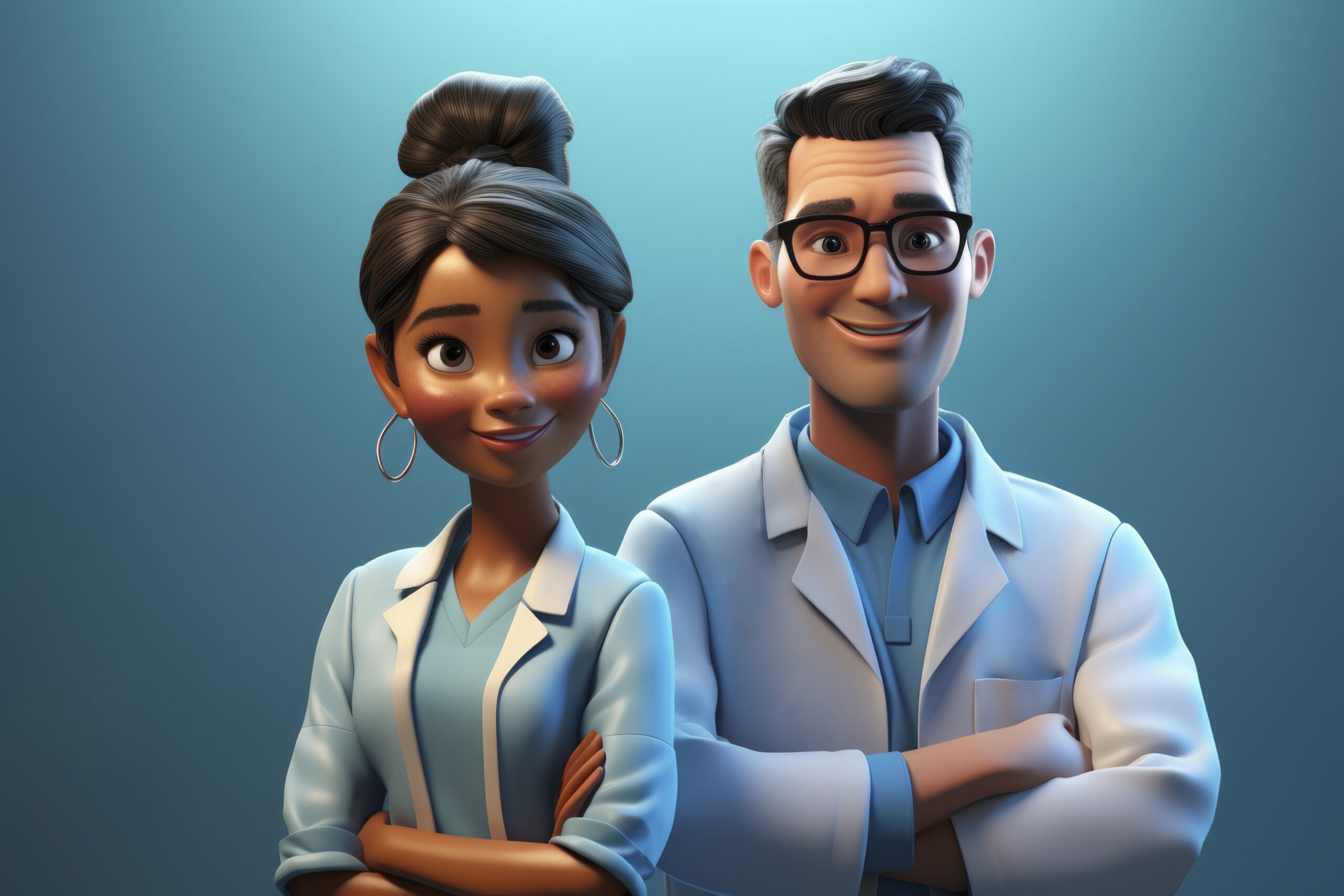
Psychiatry vs. Psychology: Understanding the Differences
Psychiatry and psychology both play essential roles in mental health care, but they differ in their approach, training, and treatment methods. Understanding these differences can help individuals choose the right support for their needs.
Psychiatry: The Medical Approach
- Medical Background: Psychiatrists are medical doctors (MDs or DOs) who specialize in mental health after completing medical school.
- Medication Management: They diagnose and treat mental illnesses with medications like antidepressants and mood stabilizers.
- Medical Interventions: Some may use treatments like electroconvulsive therapy (ECT) or transcranial magnetic stimulation (TMS) for severe conditions.
Psychology: The Behavioral Approach
- Advanced Degrees: Psychologists earn Ph.D. or Psy.D. degrees, focusing on understanding emotions, thoughts, and behaviors.
- Talk Therapy & Counseling: They provide psychotherapy (CBT, psychodynamic therapy, etc.) to help people cope with mental health issues.
- Assessments & Testing: Psychologists conduct psychological tests for intelligence, personality, and mental health diagnoses.
Working Together for Mental Health
Psychiatrists and psychologists often collaborate, combining medication with therapy for a well-rounded treatment approach. Choosing between them depends on the individual’s needs—medication management, therapy, or a combination of both.
At Mytri Wellness, we guide individuals in finding the right mental health support, whether through therapy, medication, or a holistic approach.